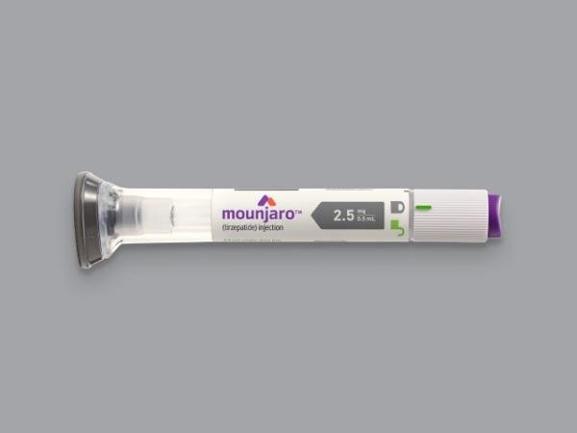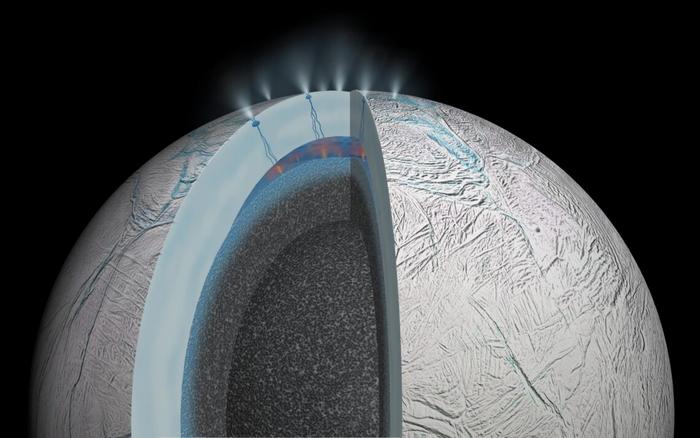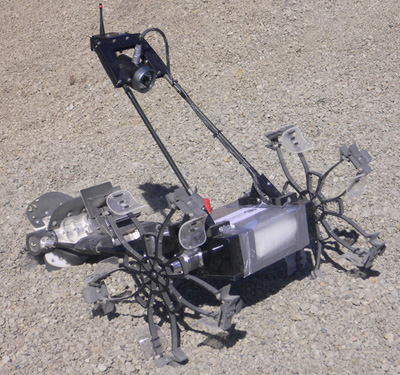In the near future it will be possible to customize the food we eat based on the genetic profile of the individual. Dutch researcher Amber Ronteltap suggests that the consumer market is not yet ready for this so-called nutrigenomics. Ronteltap concludes that many obstacles must be overcome before products based on nutrigenomics become a reality.
Nutrigenomics is a discipline that investigates the correlation between nutrients and the human genome. This area of science can contribute to public health and disease prevention by providing individuals with advice on specific adaptations in their nutrient regime. This form of personalised nutrition joins the bandwagon of broader marketing trends to develop products more tailored to the individual.
Hydrogen is an ideal solution for cars of the future. The problem remains storage. People have a range they want to go (300 miles) before an automobile enhancement can become commercially acceptable. With hydrogen, that means carrying a tank the size of the car itself or compressing the hydrogen, which has unacceptable safety risks.
Dutch-sponsored researcher Robin Gremaud has shown that an alloy of the metals magnesium, titanium and nickel is excellent at absorbing hydrogen. A hydrogen 'tank' using this alloy would have a relative weight that is sixty percent less than a battery pack. In order to find the best alloy Gremaud developed a method which enabled simultaneous testing of thousands of samples of different metals for their capacity to absorb hydrogen.
A robot rover designed by a Bremen university team has won an ESA contest to retrieve soil samples from a lunar-style terrestrial crater. Eight student teams fielded rovers during the event, their progress monitored by an advanced 3-D viewer already flight-tested in space and planned for eventual deployment on the Moon.
Craters surrounding the Moon's poles are a top 21st Century science target. Lunar researchers believe these craters may be 'cold traps', preserving ancient water ice deposits. Such ice would not only be an invaluable time capsule, it would also support manned lunar settlements. But the only way to verify the ice is there is to go fetch it, which is where rovers come in.
Researchers at the University of Virginia Health System report that a daily single oral dose of an investigational drug, MK-677, increased muscle mass in the arms and legs of healthy older adults without serious side effects, suggesting that it may prove safe and effective in reducing age-related frailty.
Published in the November 4, 2008 issue of Annals of Internal Medicine, the study showed that levels of growth hormone (GH) and of insulin-like growth factor I (IGF- I) in seniors who took MK-677 increased to those found in healthy young adults. The drug restored 20 percent of muscle mass loss associated with normal aging.
A Harvard-based study led by Drs. Gottfried Schlaug and Ellen Winner and published in PLoS ONE has found that children who study a musical instrument for at least three years outperform children with no instrumental training on tests measuring verbal ability and visual pattern completion, skills not normally associated with music, along with tests of auditory discrimination and finger dexterity, which are traditionally skills honed by the study of a musical instrument.
A team led by a Montana State University professor has found a fungus that produces a new type of diesel fuel, which they say holds great promise. Calling the fungus' output "myco-diesel," Gary Strobel and his collaborators describe their initial observations in the November issue of Microbiology.
The discovery may offer an alternative to fossil fuels, said Strobel, MSU professor of plant sciences and plant pathology. The find is even bigger, he said, than his 1993 discovery of fungus that contained the anticancer drug taxol.
 Study: Caloric Restriction In Humans And Aging
Study: Caloric Restriction In Humans And Aging Science Podcast Or Perish?
Science Podcast Or Perish? Type 2 Diabetes Medication Tirzepatide May Help Obese Type 1 Diabetics Also
Type 2 Diabetes Medication Tirzepatide May Help Obese Type 1 Diabetics Also Life May Be Found In Sea Spray Of Moons Orbiting Saturn Or Jupiter Next Year
Life May Be Found In Sea Spray Of Moons Orbiting Saturn Or Jupiter Next Year








